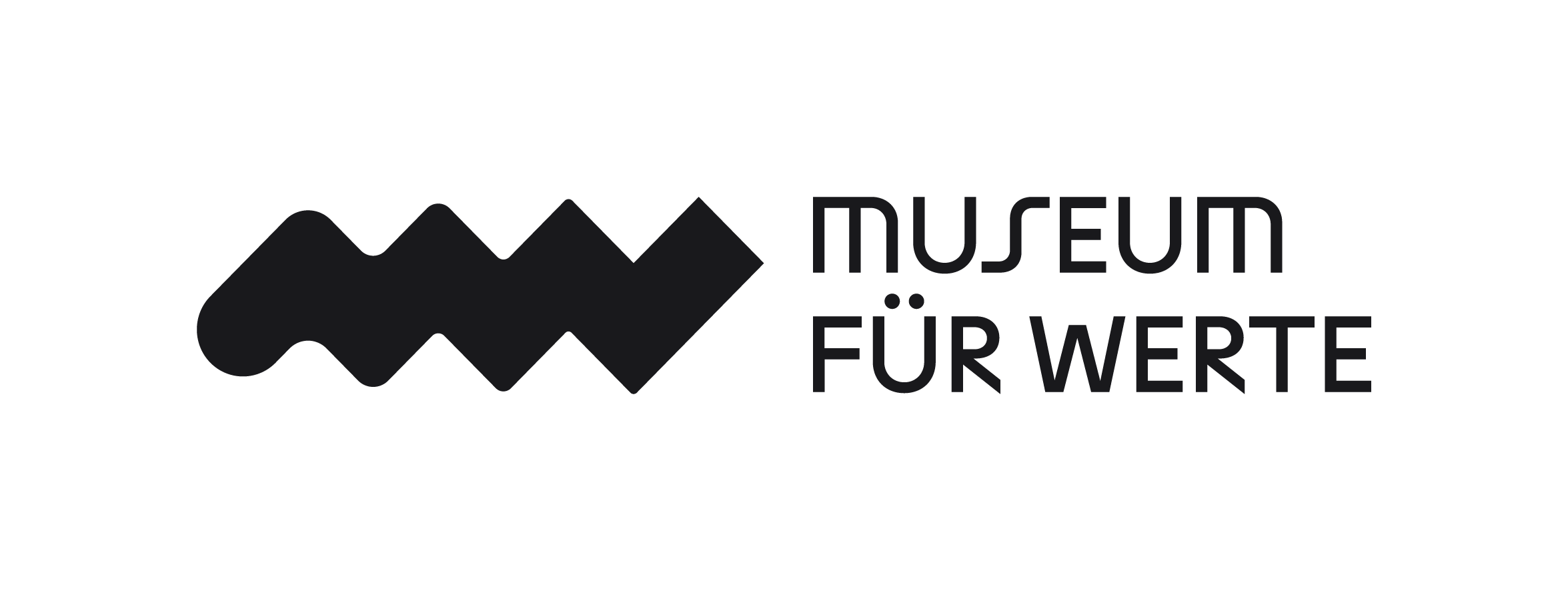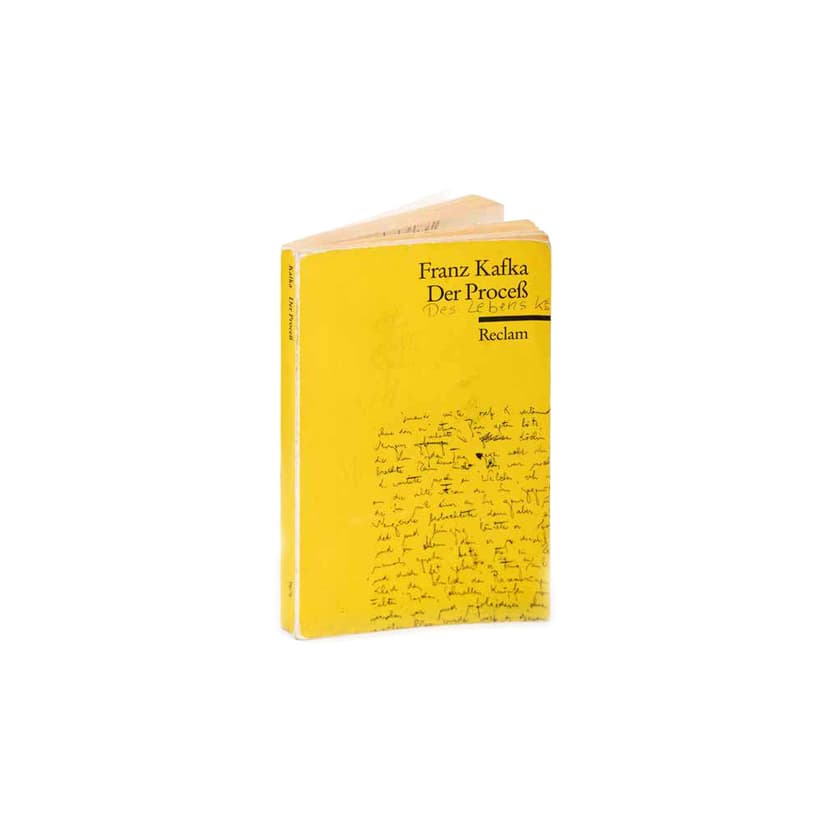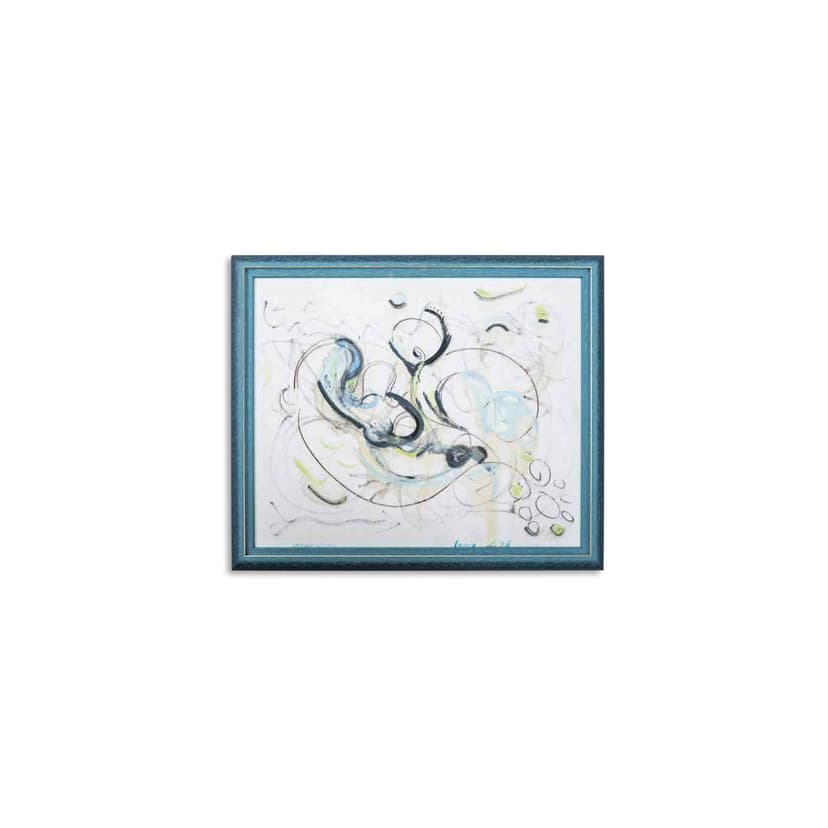When I was sixteen, I met Joseph at school. He practically had to be introduced to me. No wonder, since he seemed so inconspicuous in his yellow cloak, everything about him small and completely colorless—he could easily have been left lying there unnoticed. Only I sensed: He had something to tell me.
But at first, I didn't understand him; his language was too foreign and unfamiliar, and his stories seemed almost Kafkaesque. Especially in the first few weeks, it was difficult to get to grips with him. He was extremely stubborn and therefore rather unpopular with my classmates. Only I somehow liked him because he experienced everything so differently.
Of course, Josef often remained a mystery to me, too, and I lost track of him for a while. It wasn't until later, when I was 26, that I met him again during my studies and got to know his entire family. What a crazy bunch, Gregor and all the others.
Only then did I truly realize how lonely Josef had remained. He had no friends, no steady relationship, only professional contacts, and his ego—the sole source of his self-esteem—was slowly fading. His awareness of his freedom was turning into a crushing sense of guilt. Josef's message, the fundamental connection between happiness and values, had reached me.
I'm now older than Josef, have become a father, and teach language and values as a teacher. Josef is still one of my personal "values," and he also serves as a reminder to save sensitive figures like him from the flames of intolerance.
Josef was my teacher. A teacher is an inexplicable friend, an initiation of consciousness. Consciousness is the foundation of a life plan and thus the origin of all value formation. Values are the happiness-bearing freedoms of the steadfast being. I owe this insight to him.




